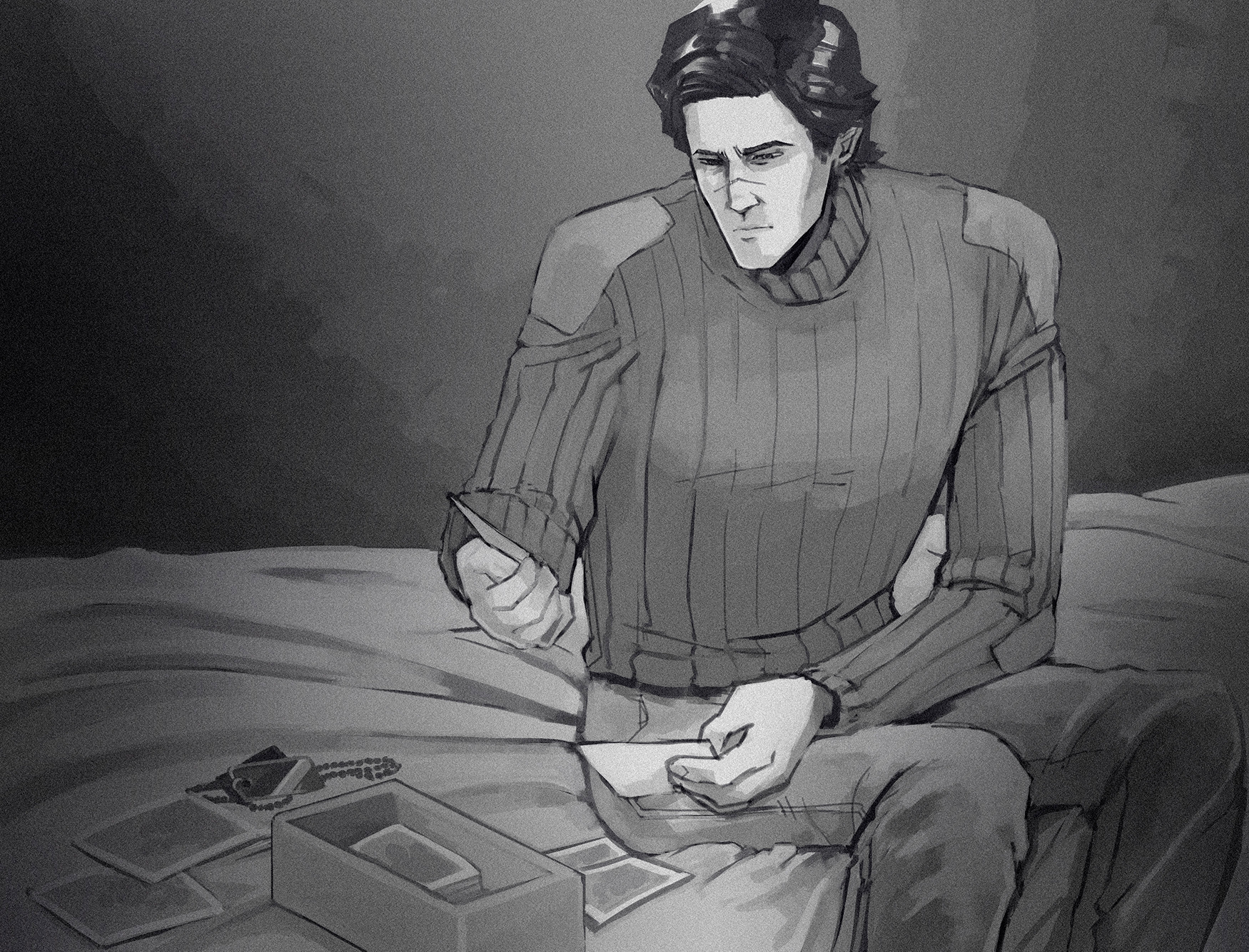
Apr 14, 2020
Cyber Ops - Octeto Studios
Greetings from the Geist Unit HQ!
It has been quite the ride lately, and our team is doing their best to keep everything moving as smoothly as possible. Remember: wash your hands constantly (cybernetic or not) and prefer remote interactions with your fellow Agents (grade B secure connections are recommended).
Today we will brief you about the issued sidearm for field operations, the GIP-1A.

The GIP-1A (or Grass Impulse Pistol) is a next gen weapon, intended for CQB combat. Accuracy is improved thanks to its design: its internals include a recoil dampener, allowing the pistol to go full auto with improved accuracy. Additionally, the unique caseless 9mm L ammo allows the GIP-1A to deliver a considerable impact to targets, while the Adaptive Propellant System (hence the A on its designation) allows the user to automatically convert ammo from supersonic to subsonic, allowing switching to silencers on the go in exchange for stopping power.
Each field agent is required to equip the standard loadout before deployment, no exceptions allowed.
So, GAMEPLAY TIP!:
If you want your agents to go silent, then change the strategy to "Stealth", and they will immediately switch to the silenced GIP-1A, ready for a well-timed stealth-kill.
It has been quite the ride lately, and our team is doing their best to keep everything moving as smoothly as possible. Remember: wash your hands constantly (cybernetic or not) and prefer remote interactions with your fellow Agents (grade B secure connections are recommended).
Today we will brief you about the issued sidearm for field operations, the GIP-1A.

The GIP-1A (or Grass Impulse Pistol) is a next gen weapon, intended for CQB combat. Accuracy is improved thanks to its design: its internals include a recoil dampener, allowing the pistol to go full auto with improved accuracy. Additionally, the unique caseless 9mm L ammo allows the GIP-1A to deliver a considerable impact to targets, while the Adaptive Propellant System (hence the A on its designation) allows the user to automatically convert ammo from supersonic to subsonic, allowing switching to silencers on the go in exchange for stopping power.
Each field agent is required to equip the standard loadout before deployment, no exceptions allowed.
So, GAMEPLAY TIP!:
If you want your agents to go silent, then change the strategy to "Stealth", and they will immediately switch to the silenced GIP-1A, ready for a well-timed stealth-kill.














